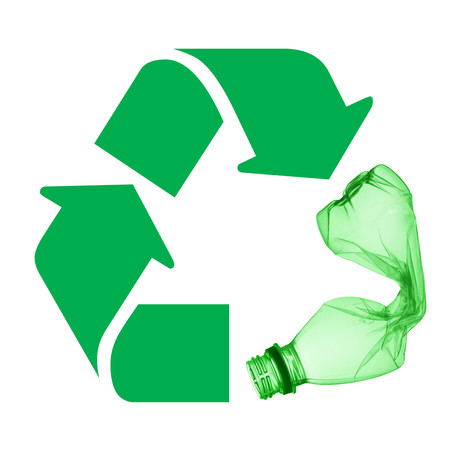Call for governments to encourage better plastic recycling

Plastic recycling is failing to reach its full potential as low recovery rates of plastic waste, poor quality of recycled plastic and a lack of price incentives are holding back secondary plastic markets.
That’s according to a new report from the Organisation for Economic Co-operation and Development (OECD), ‘Improving Markets for Recycled Plastics: Trends, Prospects and Policy Responses’, which claims that governments should act urgently to encourage more and better recycling.
The report attributes the lag in plastic recycling to the fact that it is still cheaper to make new plastic than to produce recycled plastic, partly because of the difficulties involved with separating out different plastic polymers. Moreover, primary plastic can be priced much higher than recycled plastic as it tends to be of much better quality. Issues with the presence of hazardous chemical additives that can survive in recycled plastic also weigh on secondary markets. The world produces around eight times as much new plastic as recycled plastic.
The report calls for stronger incentives for better design of plastic goods to ensure easy recycling, as well as investment in waste collection infrastructure and ensuring that different types of plastic are properly separated at source. It recommends the introduction of product labels showing recycled content to help create consumer-driven demand for recycled plastics, and suggests setting required levels of recycled content for goods in some sectors. The report also suggests heavier taxes on the manufacture or use of new plastics; for example, making consumers pay for single-use plastic bags, cutlery or drinking straws.
The manufacture of plastic is highly resource intensive and accounts for 4% to 8% of global oil and gas consumption. Waste plastics can remain in the environment, harming wildlife and marine creatures, for centuries. Yet globally, only around 15% of plastic waste is collected for recycling, while a quarter is incinerated. The rest ends up in landfill, is dumped in nature or burnt in the open air — releasing pollutants and greenhouse gases.
Recycling rates across different polymers vary greatly across countries. PET (polyethylene terephthalate) and HDPE (high-density polyethylene), which are mostly used for packaging, are recycled at relatively high rates (19% to 85%), while polypropylene and polystyrene are much less recycled (1% to 21%). Overall plastic recycling rates range from 30% in the EU to 10% in the United States. In many developing countries, uncontrolled waste collection and treatment is still prevalent.
Barriers that need to be overcome to properly develop secondary plastic markets include:
- Primary and recycled plastics are treated as substitutes, with no separate demand for recycled plastics.
- Prices of recycled plastics are driven by primary plastics prices, which follow oil prices, rather than the costs of collecting, sorting and processing plastic waste.
- The plastics recycling sector is smaller and more fragmented than the primary industry, leaving it at a disadvantage in terms of economies of scale and its ability to absorb market shocks such as oil price swings.
- The market for plastics waste is concentrated in a few countries, meaning recycled plastics markets are slow to adjust to demand shocks such as the recent import restrictions imposed by China.
- There are technical challenges associated with the wide range of polymers and additives used, the significant levels of contamination in post-consumer waste plastics and practical challenges of collecting waste plastics — particularly in lower-income countries.
The report is being presented this week at the OECD Global Forum on Environment in Copenhagen. It is available to download here.
Circularity needed at scale for Aust building industry
Australia has the highest material footprint of the G20, more than 31 tonnes per person. Doubling...
Textile recycler BlockTexx wins Gold for sustainability
BlockTexx, a clean technology company that recovers polyester and cellulose from textiles and...
NSW passes legislation to mandate battery recycling
The passing of the Product Lifecycle Responsibility Bill in New South Wales is said to...










